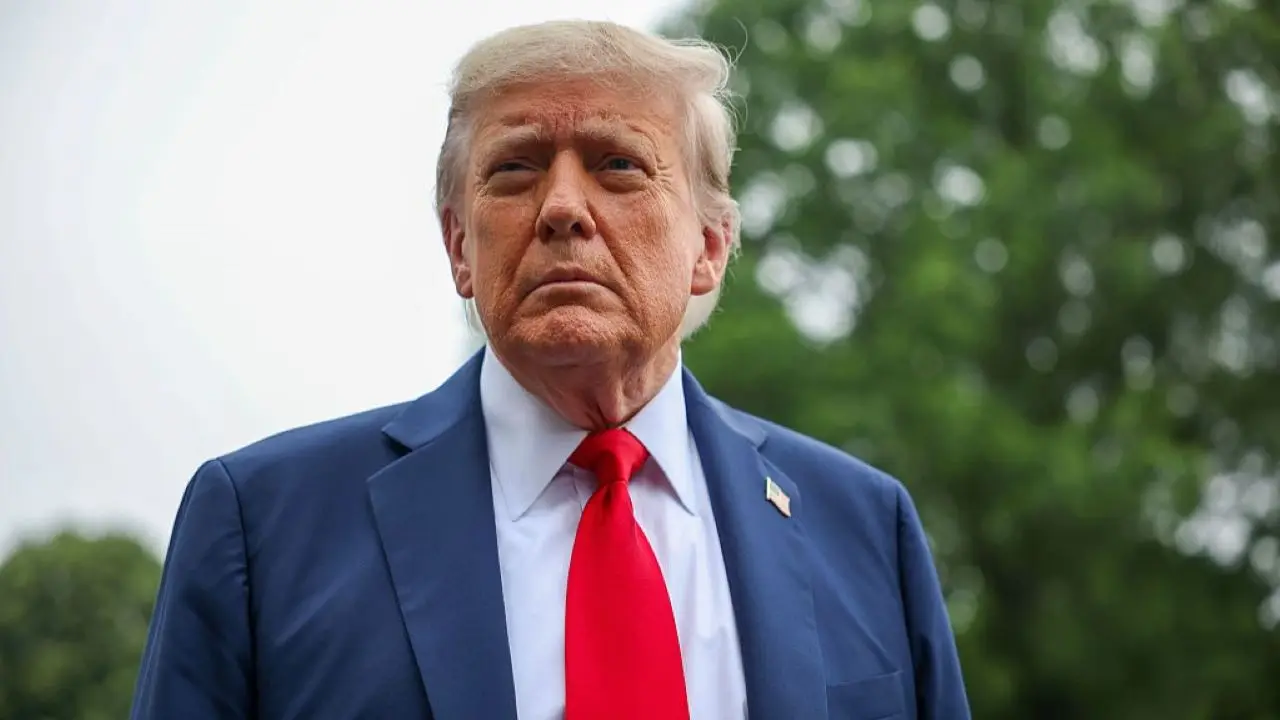The Trump administration on Wednesday restricted US banks from making transactions with three Mexican financial firms over concerns that they are laundering money for drug cartels.
The sanctions – the first implemented under the Fentanyl Sanctions Act and the FEND Off Fentanyl Act – targeted Mexican banks CIBanco and Intercam Banco and the brokerage firm Vector Casa de Bolsa, which have a combined $22 billion in assets, according to the Treasury Department.
“Cartels have exploited Mexico-based financial institutions to move money, enabling the vicious fentanyl supply chain that has poisoned countless Americans,” Treasury Secretary Scott Bessent wrote on X.
“Through the first use of a new powerful authority granted by Congress, Treasury will effectively require US financial institutions to sever ties with 3 Mexico-based financial institutions for laundering money on behalf of cartels,” Bessent added. ”Both the United States and Mexico are committed to financial systems with strong anti-money laundering/countering the financing of terrorism controls and these actions affirm Treasury’s commitment to using all tools at our disposal to counter the threat posed by terrorist organizations.”
The sanctions were implemented after the Treasury Department’s Financial Crimes Enforcement Network (FinCEN) determined that CIBanco, Intercam and Vector were “moving money on behalf of cartels” and had become “vital cogs in the fentanyl supply chain,” according to Bessent.
FinCen’s investigation found a “long-standing pattern of associations, transactions, and provision of financial services” between CIBanco and Intercam and several Mexican drug trafficking groups, including Jalisco New Generation Cartel (CJNG) and Gulf Cartel.
Between 2021 and 2024, CIBanco and Intercam processed over $3.6 million in purchases of fentanyl precursor chemicals from China, shipped to Mexico, for “illicit purposes,” according to FinCen.
The financial crimes watchdog further alleged that Intercam executives “met directly with suspected CJNG members” in 2022 “to discuss money laundering schemes, including transferring funds from China,” and that a CIBanco employee “knowingly facilitated the creation of an account to purportedly launder $10 million on behalf of a Gulf Cartel member” in 2023.
Vector’s alleged dealings with drug cartels date back to 2013, according to FinCen, which found a Sinaola Cartel “money mule” laundered at least $2 million from the US to Mexico through the brokerage firm.
In 2021 alone, Vector “remitted over USD 17 million in suspicious wire transfers to multiple China-based companies … on behalf of a company that was reportedly tied to an international drug trafficking organization,” according to FinCen.
Since at least 2019, Vector processed fund transfers to “over 20 China-based companies” that shipped fentanyl precursor chemicals to Mexico.
“Based on non-public information, as well as the volume and dollar amount of funds transfers that Vector processed over several years with these companies, FinCEN assesses that such transactions likely facilitated illicit opioid trafficking by Mexico-based [drug trafficking organizations],” the Treasury Department bureau noted.
FinCen also discovered that Vector processed “bribes” paid by the Sinaloa Cartel to a former top Mexican law enforcement official who was convicted of corruption charges in 2023.
The Treasury Department said it aims to deny anyone associated with Mexican drug cartels deemed Foreign Terrorist Organizations (FTOs) and/or Specially Designated Global Terrorists by the Trump administration “access to the US financial system.”














